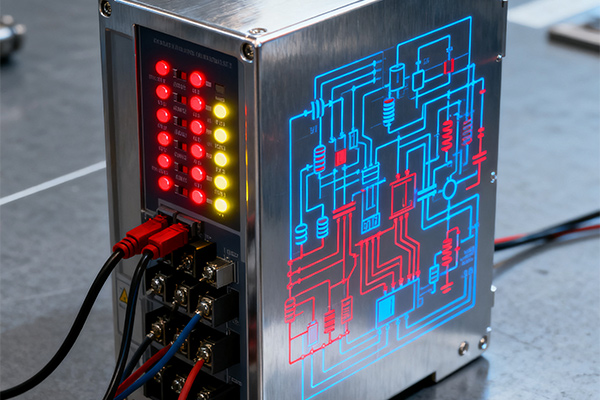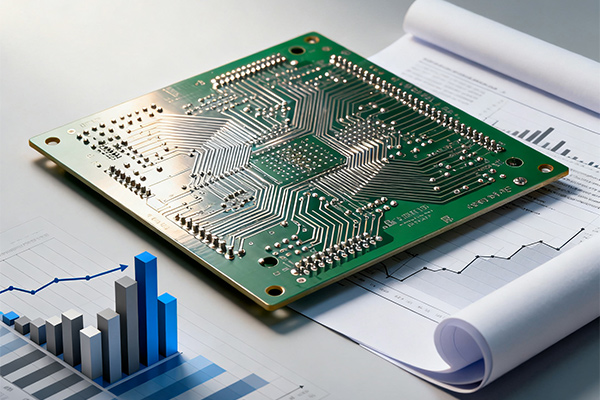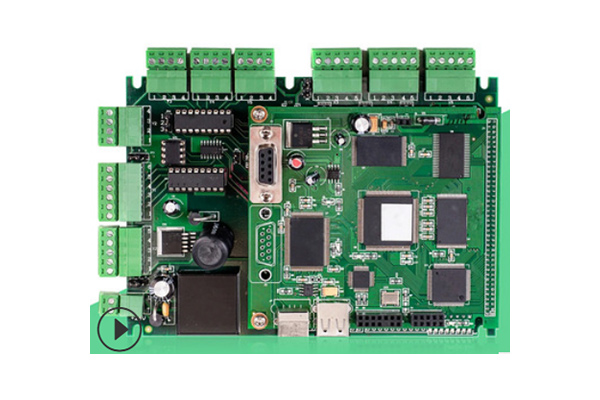-
Service Hotline
15766086363


Release Date:Sep 16, 2025
Beijing, August 9th (Xinhua) - The development and testing of new drugs is a long and costly process, and scientists often need to conduct massive explorations. And they also need to conduct experiments on animal body length in order to conduct clinical trials on human body length. But on another day, this process may gradually simplify.
In the past, scientists have been imitating human organs on miniature chips, which can be conveniently referred to as chip simulation of human organs. This new technology is superior to animal testing in terms of precision, and the test results obtained from animal exploration may be misleading: some drugs may have adverse effects on animals, but there are no such issues in humans. And chip simulation of human organs all imitates exact human organs, avoiding this problem.
Currently, several companies have revealed that they will use this product to test their new drugs. By using chips to simulate human organs, one can demonstrate their strengths in the process of testing drugs. This technology can promote the speed, accuracy, and cost-effectiveness of drug development in the future.
At the semiconductor market, a cost war that has been connected for months is intensifying. Qualcomm, MediaTek, and Spreadtrum Communications, the three major global smartphone chip companies, have all fallen into a predicament of low profits. This war without gunpowder can be traced back to the comprehensive launch during the 4G era. With the full launch of 4G, 3G entered the late stage of development, and the 3G chip market gradually became quiet. On the one hand, the three major telecommunications operators have been vigorously promoting 4G and gradually reducing 3G subsidies; On the other hand, mobile phone manufacturers are slowly changing their stance and launching 4G phones ahead of schedule. And 3G chips gradually became something that chip manufacturers seized from the market, and the cost war unfolded accordingly.
The US Defense Advanced Research Projects Agency (DARPA) has received $78.9 million in funding to develop a lightweight implant chip using human fabrication. After implantation, the device will monitor neural fabrication, organ and group health status, and activate fabrication through electrical pulse triggering responses.
According to a report by Hong Kong's "Wen Xun Yuan" on July 3, there are increasing rumors of a new iPhone from Apple. The new generation of iPhones will be equipped with a brand new chip, which will make the hooking speed faster. According to reports, the advantage of this chip lies in its ability to double the speed of LTE on the surface, but the actual result still depends on the telecommunications supplier.

2025.09.16

2025.09.16

2025.09.16